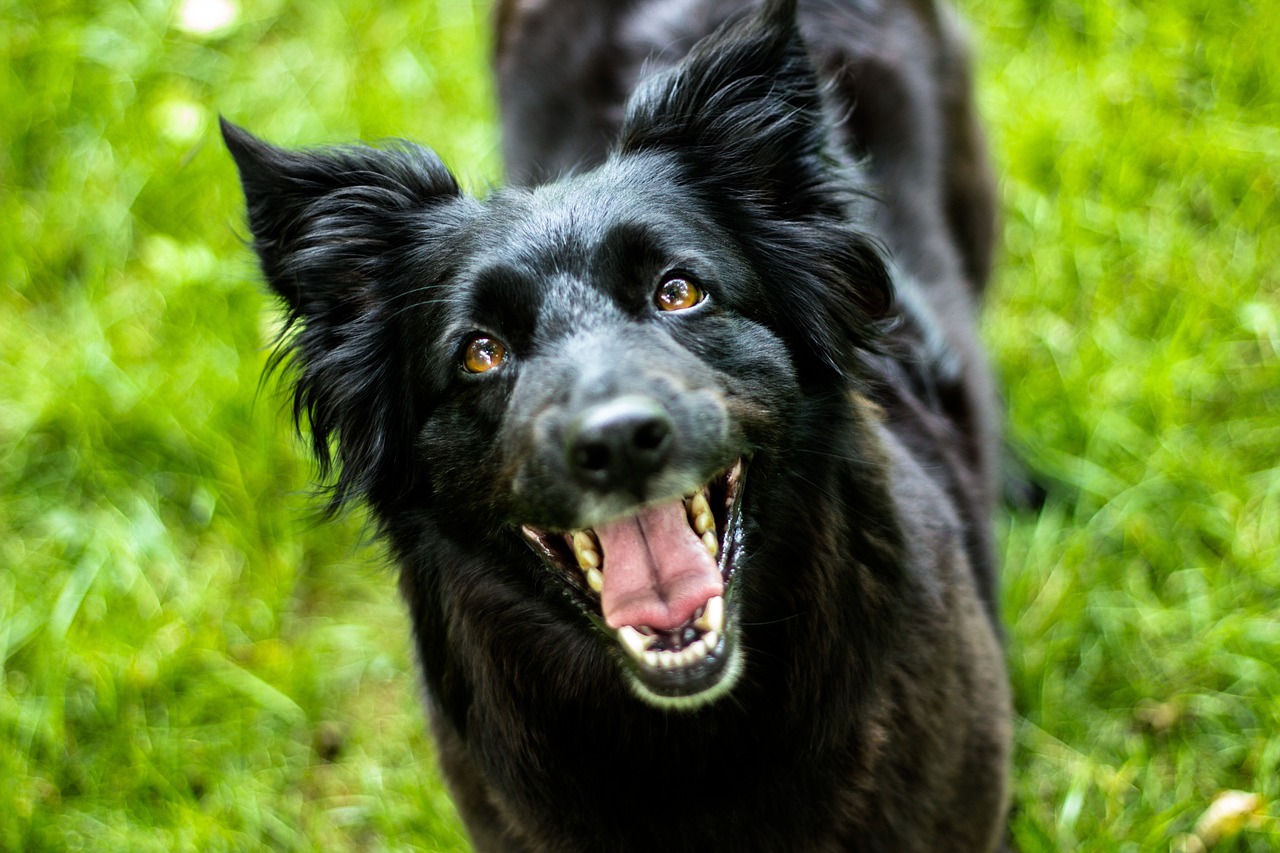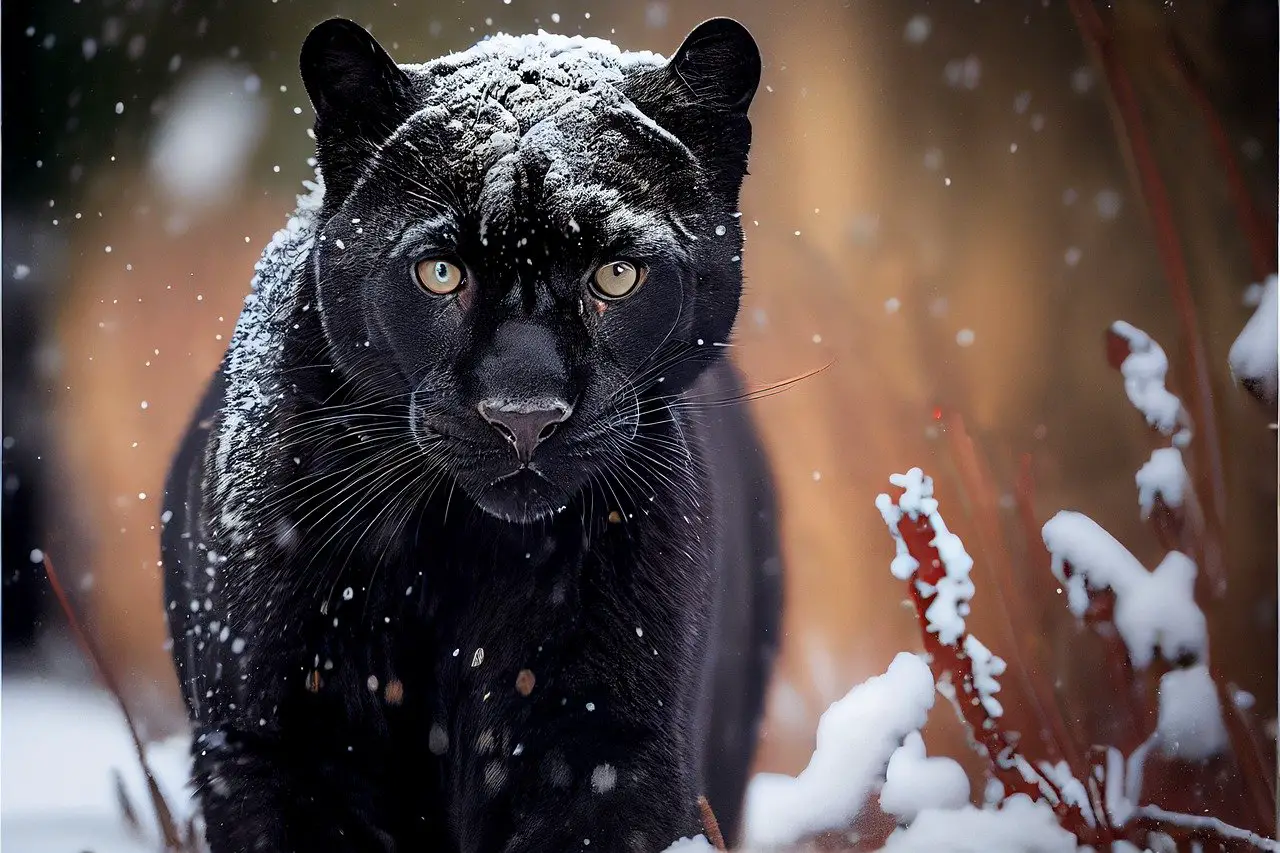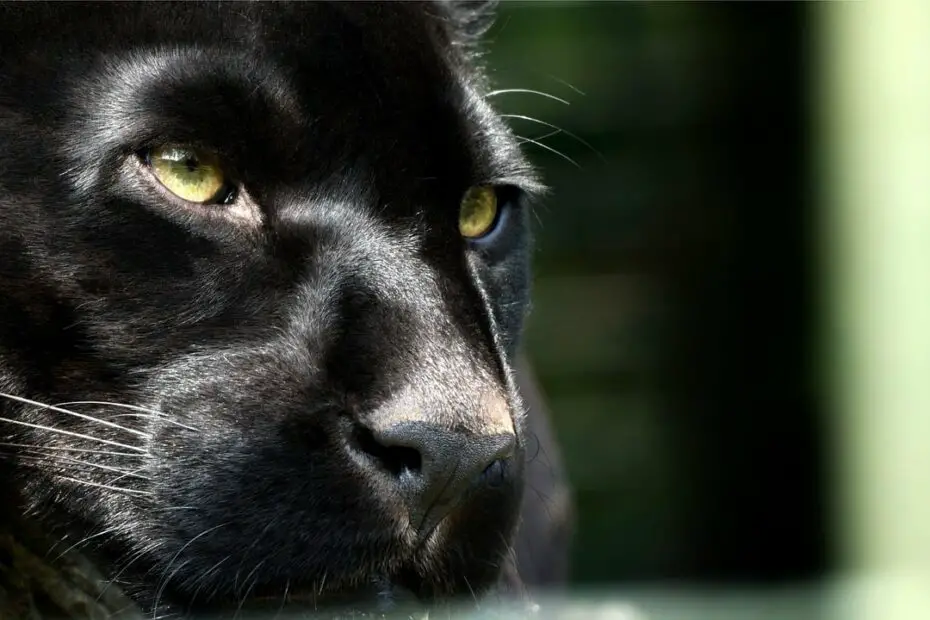Black animals have always captivated our imagination with their elegance, enigma, and beauty. From mythical creatures to real-life species, the color black holds a unique allure. In this article, we will delve into the symbolism of black animals, explore their significance in nature, examine misconceptions surrounding them, uncover their role in pop culture, and discuss the importance of conserving these remarkable creatures.
You may also want to read about the special marble fox.
The Symbolism of Black Animals
Historical Perspectives
Throughout history, black animals have held various symbolic meanings across different cultures. They often represent power, mystery, and the unknown. In ancient Egypt, black cats were revered and associated with the goddess Bastet, who symbolized protection and fertility. Similarly, the Celts believed that black horses embodied magical qualities and served as a connection between the human and spirit worlds.
Cultural Beliefs
Black animals have also been associated with superstitions and beliefs. In some cultures, black birds like crows and ravens are seen as messengers from the spirit realm, while in others, black dogs are considered omens of death. These beliefs, rooted in folklore and mythology, have contributed to the perception of black animals as mysterious and supernatural beings.

Black Animals in Nature
Adaptive Advantages
Contrary to their mystical reputation, black animals owe their dark coloration to evolutionary adaptations. In many cases, their melanistic pigmentation provides advantages in their natural habitats. For example, black fur or feathers can enhance camouflage in dimly lit forests, allowing animals like black panthers and ravens to hunt or forage more effectively.
Unique Characteristics
Black animals also possess unique physical and behavioral characteristics that make them stand out in the animal kingdom. From the sleek and stealthy black jaguars to the majestic black swans, these creatures exhibit grace, strength, and resilience. Their striking appearance often elicits a sense of awe and admiration among nature enthusiasts.
Misconceptions and Superstitions
The Fear of Black Animals
Unfortunately, black animals have long been associated with fear and negativity. This phenomenon, known as melanophobia, can lead to discrimination and even harm towards these creatures. Some people harbor irrational fears and prejudices based on unfounded beliefs, perpetuating a cycle of misunderstanding and mistreatment.
Superstitions and Omens
Superstitions surrounding black animals have persisted for centuries. Black cats, for instance, are often associated with bad luck or witchcraft in certain cultures. This has resulted in mistreatment and an unfortunate bias against these feline companions. By debunking these superstitions and promoting education, we can help create a more inclusive and compassionate world for black animals.
Black Animals in Pop Culture
Representations in Media
Black animals have made their mark in various forms of media, including literature, movies, and art. Characters like Bagheera from “The Jungle Book” and Toothless from “How to Train Your Dragon” have become beloved symbols of strength, intelligence, and loyalty. These portrayals challenge stereotypes and showcase the beauty and grace of black animals.

Black Animals as Symbols
Beyond their individual representations, black animals have become powerful symbols in storytelling. They often embody resilience, mystery, and transformation. The black swan, for instance, has become a metaphor for unexpected beauty and hidden depths. These symbolic representations highlight the allure and complexity of black animals.
Conservation Efforts
The Impact of Superstitions
Superstitions and misconceptions surrounding black animals can have dire consequences for their conservation. Due to unfounded beliefs, some species face persecution, habitat loss, and a decline in population. For example, black wolves have been targeted and hunted due to the false notion that they bring bad luck. It is crucial to address these superstitions and raise awareness about the importance of protecting all animal species.
Raising Awareness and Appreciation
Conservation organizations and animal welfare advocates are working tirelessly to change perceptions and promote the conservation of black animals. Through educational campaigns, community outreach, and scientific research, efforts are being made to showcase the value and ecological significance of these creatures. By appreciating their unique beauty and understanding their crucial role in ecosystems, we can ensure their long-term survival.
Conclusion
Black animals, with their striking appearance and symbolic allure, continue to fascinate and inspire. They challenge our preconceived notions and remind us of the diversity and wonder of the natural world. By debunking misconceptions, promoting conservation efforts, and celebrating their beauty, we can create a world where black animals are appreciated and protected for generations to come.
FAQs
- Are black animals more aggressive or dangerous? Black animals are not inherently more aggressive or dangerous than animals of other colors. Their behavior is influenced by various factors such as species, habitat, and individual temperament.
- Why are black animals less common than animals of other colors? The prevalence of black animals in nature is influenced by genetics, environmental factors, and natural selection. In some cases, their dark coloration provides advantages, while in others, it may be less adaptive.
- Can black animals change color? No, black animals do not change color. The coloration of their fur, feathers, or scales is determined by genetics and remains consistent throughout their lives.
- Do black animals have any cultural significance today? Black animals continue to hold cultural significance in various contexts. They are often featured in art, literature, and symbolism, representing traits such as mystery, power, or transformation.
- How can I support the conservation of black animals? You can support the conservation of black animals by spreading awareness, supporting reputable conservation organizations, participating in local wildlife conservation efforts, and promoting responsible and ethical treatment of all animal species.
